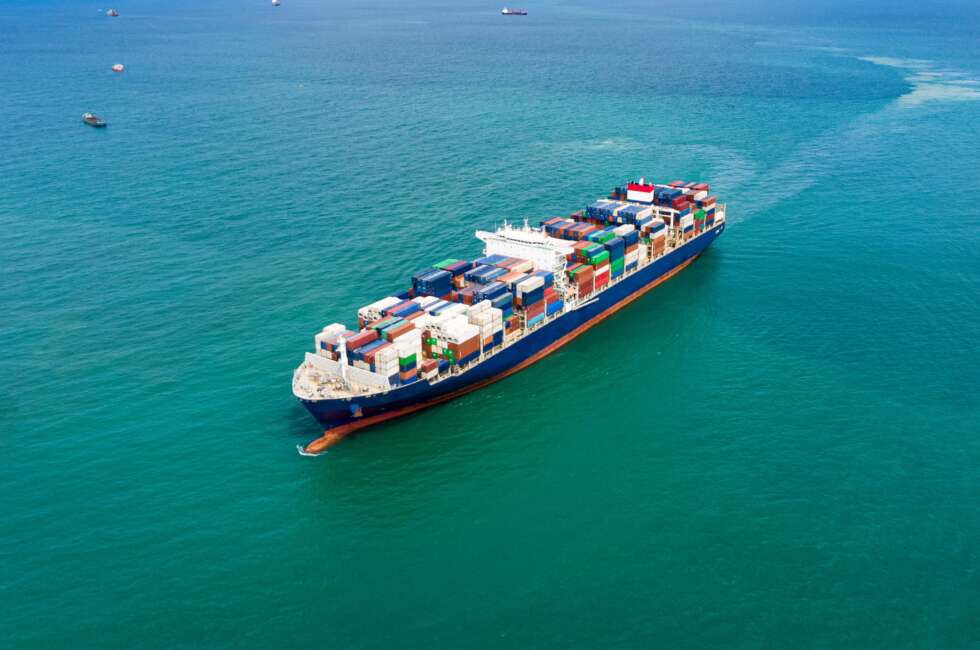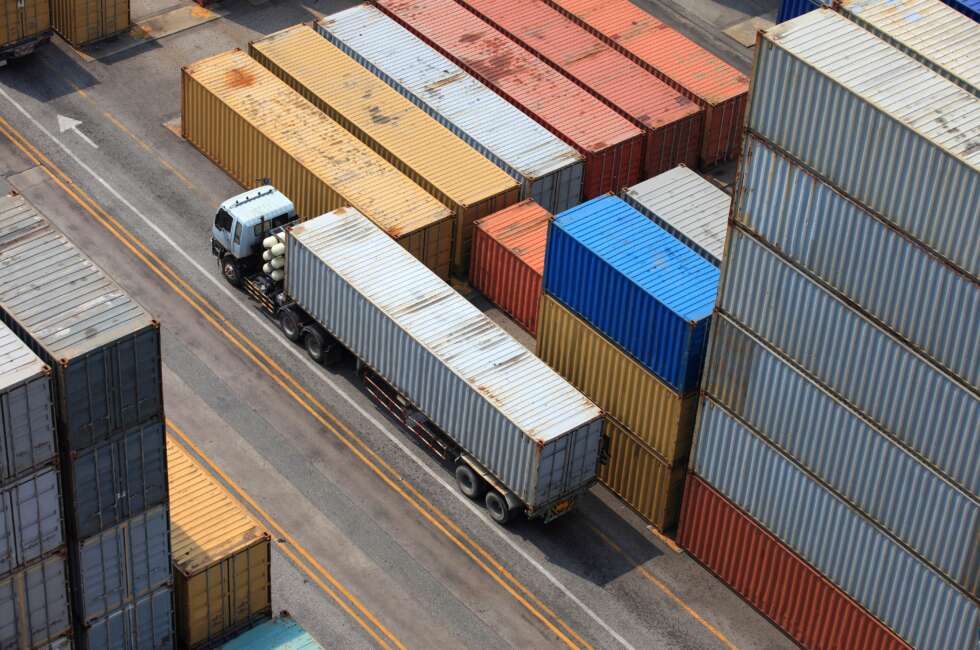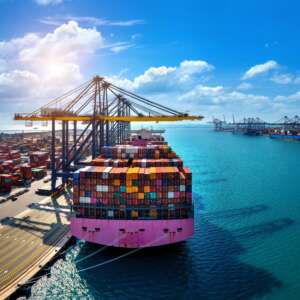What Are Tariffs?
Taxes imposed by governments on goods are known as tariffs. Tariffs serve a variety of purposes, ranging from protective policies to international politics to everything in between.
The Harmonized Tariff Schedule of the United States (HTSUS) is regulated by Customs and Border Protection (CBP). For goods imported into the United States, you can find the tariff rates in the HTSUS. Customs duties will be applied to imported goods if they have an applicable tariff. Duty failures would result in additional fees and/or detention of the imported goods if fees were not paid. Due to how complicated customs clearance can be, it comes as no surprise that an industry has grown up around it.

Where Did Tariffs Come From?
In recorded history, tariffs can be traced back to the Ancient Greeks, who imposed a two percent tax on goods. Additionally, it’s safe to assume many civilizations before and after the Ancient Greeks imposed similar taxes on goods.
Nevertheless, as tariffs are a more modern invention, the British applied them to their protectionist policies at the start of the 18th century. After the establishment of the United States, the American colonies imposed their own tariffs on top of British tariffs. As global trade flourishes, almost every major government has some type of tariff on imported and exported goods.
What Are the Different Types of Tariffs?
Governments commonly use four types of tariffs. Tariffs can be categorized into four different types: ad valorem, specific tariffs, compound tariffs, and tariff-rate quotas.
Ad Valorem Tariff:
In Latin, ad valorem means “according to value”, meaning that a percentage of the value of the goods is used as the basis for levied tariffs. Imagine a situation where the United States imposed a 15% tariff on cheese imported from France. American consumers would then be required to pay $115 for a $100 block of French cheese.
Specific Tariff:
Tariffs charged on imported goods are set at a fixed rate per unit. A tariff of $3 could, for example, be imposed on each pair of pants imported into the United States.
Compound Tariff:
Tariffs of this type combine specific tariffs and ad valorem tariffs. This would be the case if the United States imposed a $1 tariff on each pair of shoes as well as a 10% tariff on the value of the shoes. In other words, once the tariffs are applied to a $10 pair of shoes, they become $12.
Tariff-Rate Quota:
Tariffs and quotas are combined in this policy. There would be a set tariff applied to goods up to a certain quota, after which it could be increased or decreased. US exports up to 1000 bags are subject to a $5 tariff, for instance. Upon reaching 1000 bags, the tariff increases by an additional $2 per bag.
Tariffs generally fall into one of these four categories. In addition to the type of tariff imposed, the trade agreements between countries would determine what kind of tariff is imposed. The documents should be reviewed by a professional in more complicated cases to save time and money.

What Can Be Done About Tariffs?
Since each country has its own tariff schedule and trade agreements with other nations, tariffs are often complex. You can check the HTSUS to determine the potential tariffs on your goods in the United States. When you identify the goods’ category, you can fill out the information in your import/export documents that will be used for customs clearance. Customs Border Protection’s Automated Manifest System (AMS) allows you to do this electronically. You must pay any tariffs or customs duties you owe before you finish your CBP processing.
You can avoid unnecessary fees and delays by using custom brokers to assist with the clearing process and make sure your documents are in order. It may also be cheaper and easier to hire a freight forwarder to handle your goods. A freight forwarder is an expert in logistics – they deliver shipments safely and on time, clearing multiple hurdles like clearing customs. When you go through a freight forwarder, you can obtain preferential rates from carriers and customs brokers, ultimately saving you time and money.
If you’re in need of expert advice, come talk to Falcon today and we will provide you with the best possible service and quotes for your shipping needs. Feel free to contact us through our official website or call us at 626-604-1188



